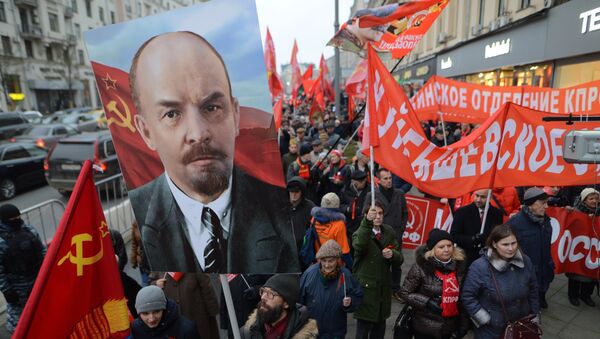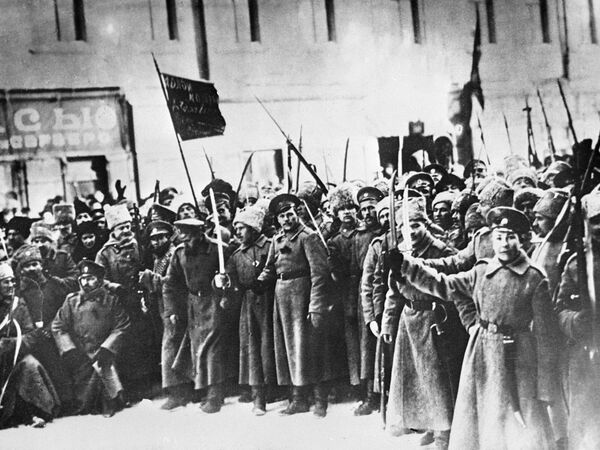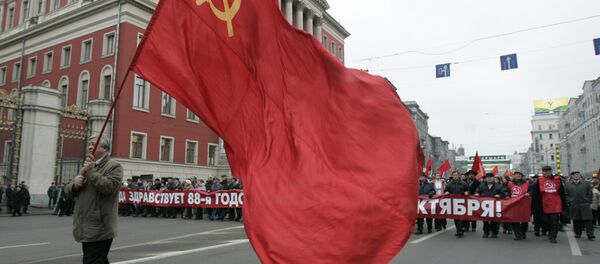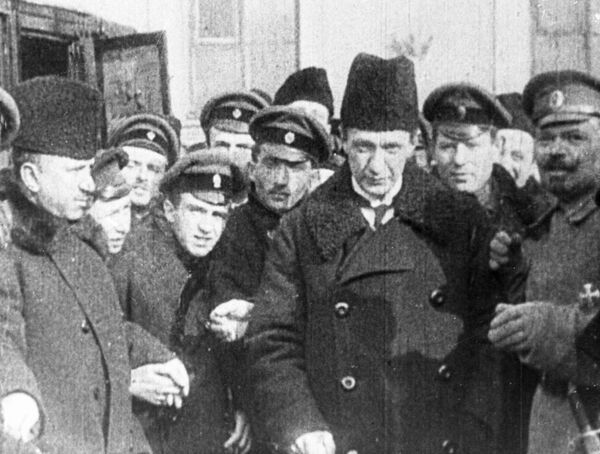The Russian Revolution in 1917 changed the course of world history and set in motion the development of the Soviet Union, which existed from 1922 to 1991. In conversation with Radio Sputnik, Professor Geoffrey Roberts, a world authority on Soviet history who has written books including "Stalin's General: The Life of Georgy Zhukov," discusses the role of the Provisional Government, Lenin and the Bolsheviks in bringing about Soviet rule.
Sputnik: In 1913, the Tsarist authorities had more or less scattered the respective revolutionaries to the winds. Lenin was in Zurich, Stalin was exiled in Siberia; Lenin had told his wife that a revolution wouldn't happen in his lifetime, but nevertheless not one but two did. So, why did the revolutions that occurred in February and October 1917 actually happen? Was there any significance in their timing?
Geoffrey Roberts: The revolution happened in the context of the First World War, that's the overarching context of the revolution. There is an argument among historians, "Would there have been any revolution at all, without the First World War?" Some people argue that, other people argue, "There would have been a revolution sooner or later," there would have been a repeat of the 1905 revolution in Russia, [that] all the signs were there that there was going to be another revolutionary outburst.
Most of the other parties in Russia, including moderate socialist elements, were in favor of continuing the war because they saw the war as being a war of national defense. The Bolsheviks saw it as being an imperialist, capitalist war; they wanted the whole war to come to an end and the way they saw that happening was by Russia stopping its part of the war.
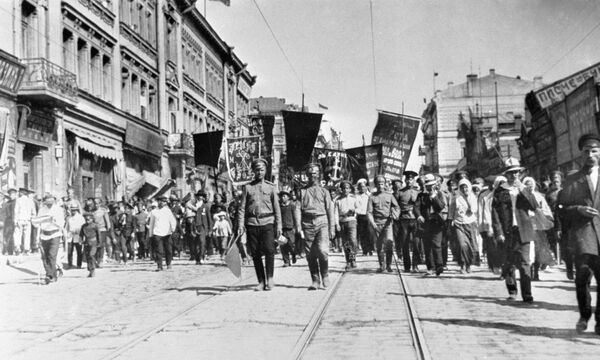
Geoffrey Roberts: Not in 1917 and 1918 although having said that, of course the Bolsheviks believed that there was that possibility because as you know, the Tsar and his family were murdered by the Bolsheviks in 1918. They were murdered because the Bolsheviks feared that Nicholas II could become the figurehead of an anti-Bolshevik revolt in Russia, that there could be a comeback for the monarchy.
There is an ongoing debate about the circumstances in which the Tsar was executed. There are different views about who ordered the execution, who has the prime responsibility for the execution. My view is that Lenin and the central Bolshevik leadership wanted to put Nicholas II on trial, they wanted a show trial.
I think those fears were probably exaggerated but having said that, the civil war itself was a close-run thing. The Bolsheviks' opponents during the civil were a very diverse group, they certainly included supporters of the monarchy, supporters of some kind of Tsarist restoration. Depending on how the civil war developed, it's quite possible that had the Bolsheviks lost the civil war, one possible outcome would have been the restoration of the monarchy. Probably not the restoration of autocracy, I don't think that was possible, but some kind of constitutional monarchy was certainly within the realms of possibility but not in 1917, 1918. I think in 1919 or 1920, that's when it was much more of a real possibility.
Geoffrey Roberts: There were different versions of the Provisional Government; Kerensky's was the last, the third coalition of the Provisional Government. They had a very difficult task on their hands. Their basic priority was to consolidate the democratic revolution that had overthrown the Tsar, but at the same time they wanted to stabilize the economic situation. Also, they wanted to continue to fight the war and what they were facing was a radical upheaval. You could say that Kerensky and the Provisional Government were a reforming force within a situation of revolutionary upheaval and this situation of revolutionary upheaval favored the Bolsheviks not the reformer-socialists like Kerensky.
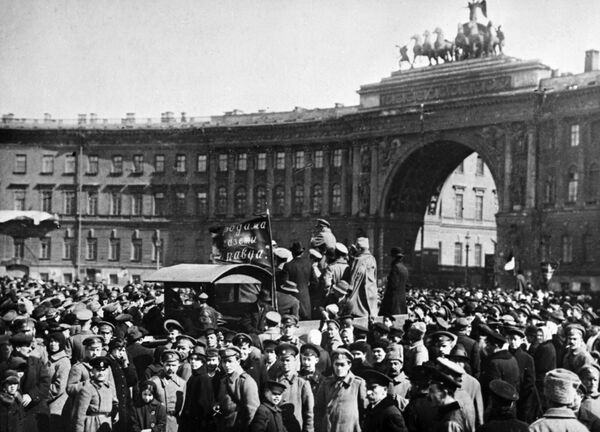
So, I think they were trying to stabilize, take control of an ever-more radical upheaval, that was the problem and they weren't able to do it. And of course, they faced a very effective opposition in the form of the Bolsheviks and a very astute opponent in the form of Lenin and his leadership of the Bolshevik party in a particular direction.
